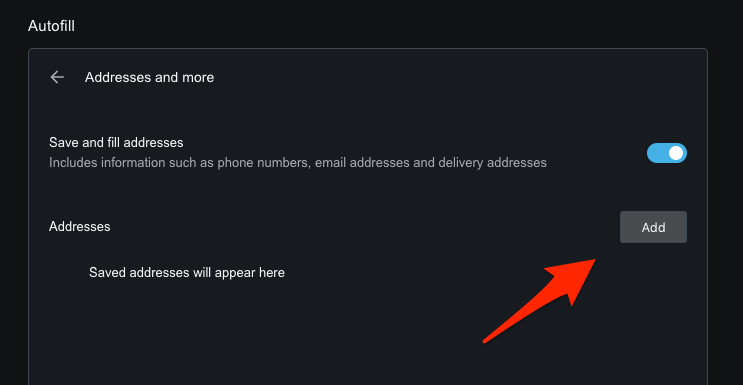
With the Opera integration, users won't have to type in the y.at part of the Yat page web address as they do in other browsers.

The company introduced Yat pages on February 1. Yat co-founder Naveen Jain said Yat emoji domains let users personalise their internet identity, potentially giving creators, artists, and others, more visibility online. The owner of a Yat can create an NFT of their emoji string, and the company plans to eventually let users connect their Yats to electronic payments.Īccording to the company, musicians are among the early adopters of Yats for instance, singer Kesha's Yat page is the emojis Rainbow Rocket Alien (editor note: Vox's CMS does not allow rendering of emojis), followed by y.at, which redirects to her Kesha's World website. Yat pages are unique domains generated when someone purchases a string of emoji (which itself is called a Yat). Normally, your browser connects directly to websites, allowing websites to identify your IP address and approximate location. Opera wants to stay current with these new features In a simple way, this does not mean anything other than that now Opera will offer users the possibility of adding a string of emojis to the URL bar to access a website.

com in their URLs," Jorgen Arnesen, executive vice president of mobile at Opera, was quoted as saying in a statement. Now the well-known browser boasts of being the first to allow the use of emoji-based web addresses. "It is been almost 30 years since the world wide web launched to the public, and there has not been much innovation in the weblink space: people still include. The integration is part of a partnership with Yat, a company that sells URLs with strings of emoji in them, reports The Verge. Web browser company Opera has said it will enable emoji-only based web addresses "to bring a new level of creativity to the internet".


 0 kommentar(er)
0 kommentar(er)
